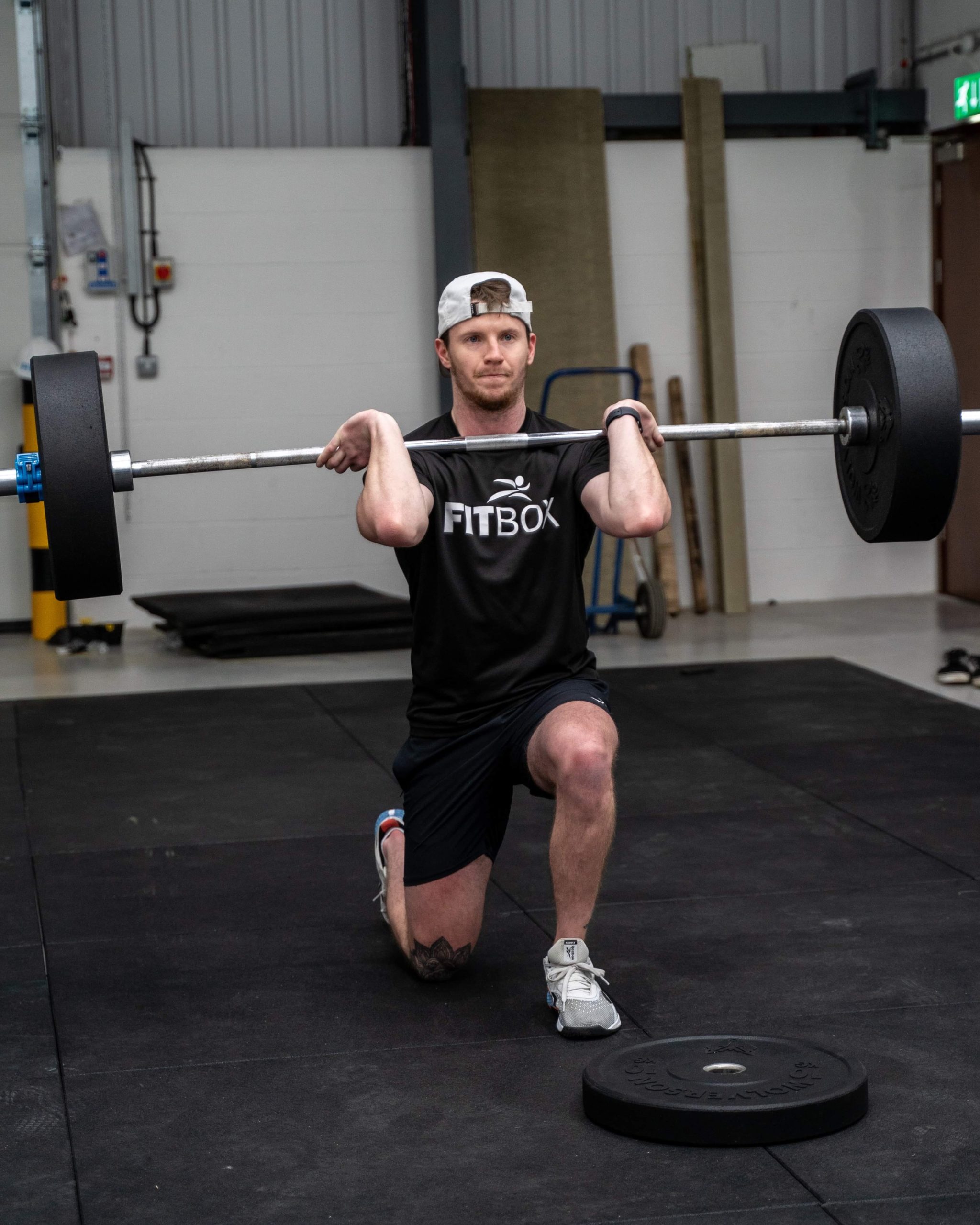
24 Mar Benefits of veganism. Part 2
Hello! Welcome to ‘Benefits of Veganism. Part 2’! In part 1 I briefly touched on the growing popularity of veganism and looked at the health benefits of adopting a plant-based diet. In part 2 I will focus on the benefits of a vegan diet in sport and exercise.
On a global basis 1-17% of people identify as vegan which would mean that there would be 1-4 vegans in any group of about 20 people. It is then very likely that there is no longer any social group or sports team without a vegan person or athlete. Here are some athletes from various sporting disciplines that follow a vegan diet:
- Novack Djokovic (14-times Grand Slam winner)
- Serena Williams (23-times Grand Slam winner)
- Lewis Hamilton (7-times F1 World Champion)
- Fiona Oakes (5-times World Record holder, Ultra-Marathon running)
- Scott Jurek (Ultra-Maraton runner)
- Rich Roll (5-times Ultra Ironman triathlete)
- Gerlinde Kaltenbrunner (Most successful female mountaineer)
- Meagan Duhamel (2-times Figure Skating Olympic Champion)
- Patrick Reiser (Natural Bodybuilding World Champion)
- Kendrick Farris (American Olympic Weightlifting record holder 94kg category)
Also, Forest Green Football Club were the first vegan football club in the UK (they might be the only vegan football club) and the German national team that won the football World Cup in 2014 adopted a vegan diet for the tournament.
These are some pretty big hitters in their respective fields and obviously being vegan wasn’t the only reason for their success but a vegan diet has been shown to maximise performance, endurance, stamina, recovery and regeneration, and immune defence.
Firstly, vegans are better able to meet the energy demands of both extensive and intensive exercise therefore promoting exercise performance due to the more adequate carbohydrate intake of 55% compared to 46.7% by omnivores (recommended carbohydrate intake = 50% of total daily energy).
A plant-based diet tends to be lower in saturated fat which lowers blood thickness and improves arterial flexibility (thickness, elasticity and function). This enhances performance by increasing blood flow, increasing oxygenation to muscle tissue and the brain and reducing heart rate at rest and during exercise.
Due to the higher alkalinity of a vegan diet, because of a greater intake of fruit and veg and no animal products, vegans have a more optimal baseline metabolic state (e.g growth, energy production, acid load, key product synthesis and secretion, and harmful/waste product removal). This means that they are in a stronger position prior to exercise and can better handle exercise-induced metabolic stress (gas exchange, lactic acid accumulation) resulting in improved performance.
Anyone following a plant-based diet can recover faster after training resulting in improved training adaptations. Thanks to a more ideal supply of carbohydrate, protein, antioxidants, vitamins, fibre, folic acid, magnesium, potassium, sodium, and phytochemicals they experience reduced muscle soreness, reduced muscle damage and inflammation, improved repair and renewal of muscle tissue, and faster replenishment of muscular energy and nutrient stores.
Finally, this is more of an indirect link to improved performance but vegans exhibit increased immune function and immune defence (higher intake of antioxidants and lower intake of toxic substances reduces inflammation) resulting in shorter/or no periods of sickness and injury therefore they are less absent from training so there is no regression in performance level.
Thank you for reading and keep an eye out for the third and final part coming soon!


